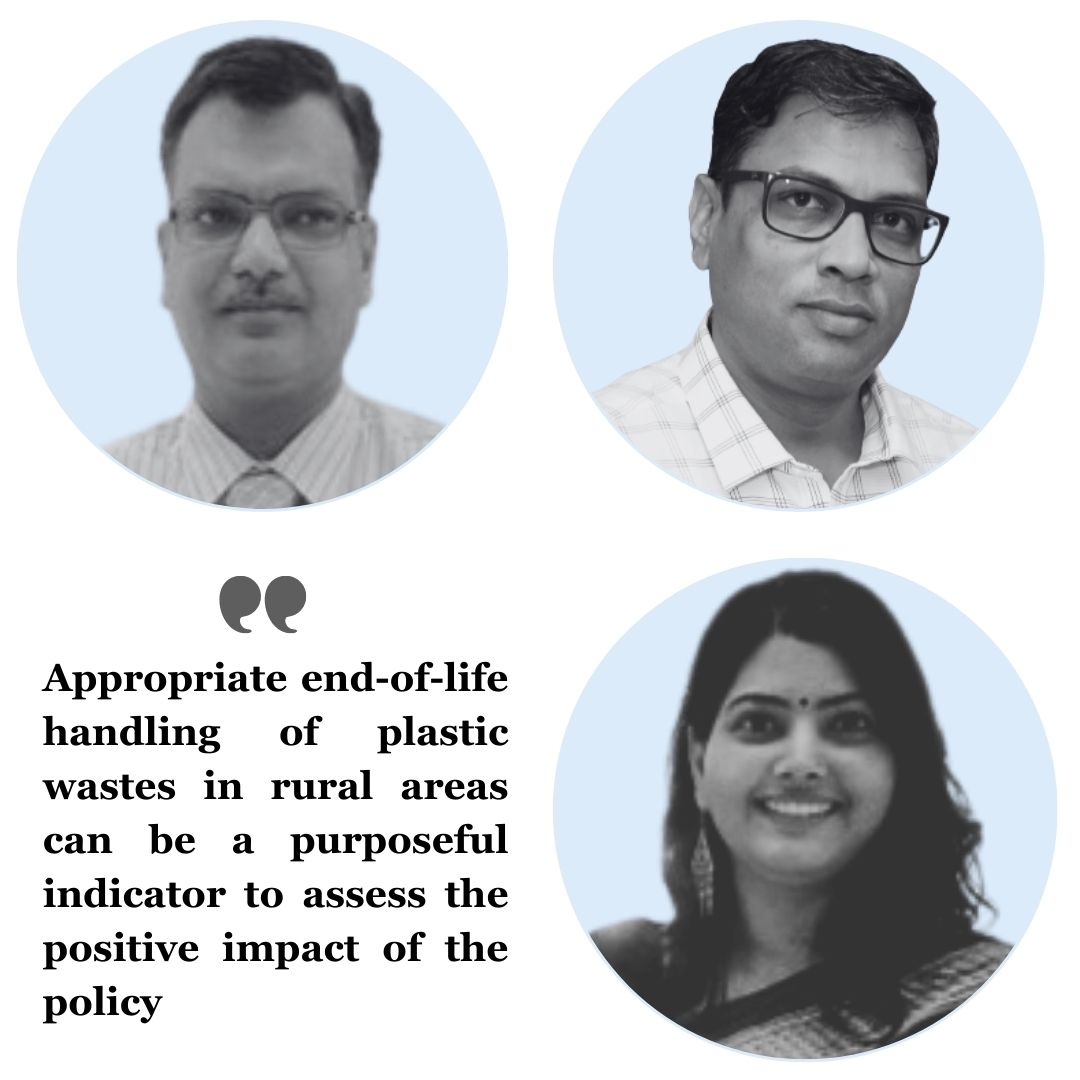Central Mirror

As India aims to reduce GHG emissions by 45% by 2030, boost clean energy usage, and enhance carbon sinks, there is a rising interest in the ways of achieving these goals. On a global scale, India has promoted initiatives like Mission LiFE and the Panchamrit commitments at COP26.

India has been making dedicated efforts to introduce policies and schemes that promote achievement of sustainable development goals. However, at times, conflicts and trade-offs arise when using a sectoral approach to policymaking to pursue these goals.

A thriving civilization produces waste as a byproduct of its activities. If this waste is not adequately managed, it can lead to accumulation problems. History has shown that this accumulation of waste can devastate human lives, often resulting in health crises.

Water sustainability challenges are widely acknowledged, yet effective strategies to address them are urgently needed. While local approaches play a crucial role, it is essential not to overlook broader macro-level policies. Regulatory, fiscal, and market-based instruments drive these policies, each offering unique advantages and disadvantages.

India has a pivotal position among the global superpowers in terms of military strength, space research, culture and traditional heritages. When the country is aiming for a leadership position through deepened co-operations, it is swiftly pacing on a trajectory to rapid economic development through growing markets and improved value chains.

Given the socio-ecological, environmental, and economic imperativesof plastic waste management, the Indian government introduced the policy of extended producer responsibility (EPR) through Plastic Waste Management Rules, 2016.

Corporates, being major producers and consumers of goods, generate a significant amount of waste, and can take responsibility for managing the waste by participating with local authorities. However, there are five key areas where corporates can have a major impact in the management of solid wastes.
